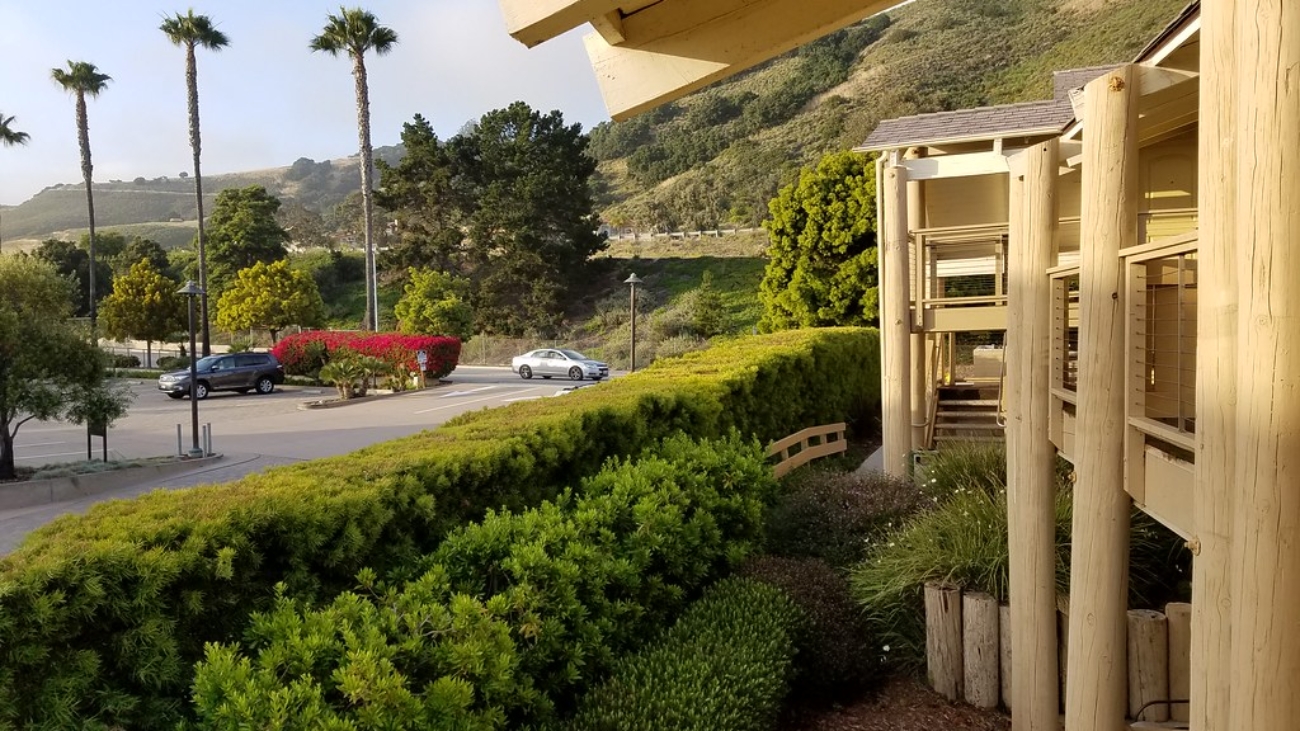Introduction
In the highly competitive world of hospitality, independent hotels often face challenges in reaching a global audience, optimizing revenue, and managing their online presence. This is where a professional OTA management company can make a significant impact. With more than 7 years of experience, Today Hospitality India Private Limited and World Choice Hotels have established themselves as trusted partners for independent hotels seeking to maximize their online visibility and revenue.
Today, travelers increasingly rely on Online Travel Agencies (OTAs) like Booking.com, Expedia, MakeMyTrip, and Agoda to find and book accommodations. Independent hotels that want to capture this vast audience must have a well-optimized OTA strategy, and this is precisely where companies like Today Hospitality India and World Choice Hotels excel. From maximizing direct bookings to enhancing OTA rankings, these companies provide comprehensive OTA management solutions.
Why OTA Management is Essential for Independent Hotels

OTA (Online Travel Agency) management is crucial for independent hotels aiming to compete with large hotel chains. It provides access to a global market, increases brand visibility, and streamlines booking processes. Here are some of the key benefits:
Key Benefits of OTA Management for Independent Hotels
| Benefits | Description |
|---|---|
| Global Reach | Access to millions of potential guests worldwide through platforms like Booking.com, Expedia, and Airbnb. |
| Higher Occupancy Rates | Effective OTA management leads to increased bookings, improved occupancy rates, and optimized revenue. |
| Revenue Optimization | Advanced pricing strategies to maximize revenue and improve RevPAR (Revenue per Available Room). |
| Reputation Management | Better online visibility and reputation management improve your hotel’s credibility and ranking. |
| Cost-Efficient Marketing | Lower marketing costs with targeted, data-driven campaigns that attract the right audience. |
| Data-Driven Decisions | Detailed analytics to track performance, understand guest behavior, and optimize marketing strategies. |
Why Choose Today Hospitality India and World Choice Hotels
When it comes to OTA management, Today Hospitality India Private Limited and World Choice Hotels stand out for their deep industry expertise and personalized approach. Here’s why independent hotels should partner with them:
- Industry Expertise: Over 7 years of experience in hotel OTA management and revenue strategies.
- Advanced Technology: Cutting-edge tools for seamless channel management, rate management, and inventory control.
- Personalized Support: Customized strategies for each property, ensuring maximum occupancy and profit.
- Proven Results: High occupancy rates, increased direct bookings, and optimized distribution for partner hotels.
- Comprehensive Services: From channel management and PMS integration to digital marketing and reputation management.
- Local Expertise: Deep understanding of the Indian hospitality market, including popular tourist destinations in Assam, Meghalaya, Arunachal Pradesh, and Delhi.

Key Features and Services
Today Hospitality India and World Choice Hotels offer a wide range of services to empower independent hotels, including:
- Channel Manager Integration: Seamless integration with leading OTAs like Booking.com, Agoda, MakeMyTrip , Airbnb and more.
- OTA Listing Optimization: Crafting high-converting property profiles with optimized content and high-quality images.
- Revenue Management: Data-driven pricing strategies to maximize RevPAR and improve profit margins.
- Online Reputation Management: Active management of guest reviews and ratings to enhance brand reputation.
- Digital Marketing for Hotels: Customized digital marketing campaigns, including SEO, social media, and email marketing.
- Website Design and Development: Professional website design to drive direct bookings and reduce OTA dependency.

How to Choose the Right OTA Management Partner
Choosing the right OTA management company can significantly impact your hotel’s success. Here are a few factors to consider:
- Experience and Expertise: Look for companies with a proven track record in the hospitality industry.
- Technology and Tools: Ensure they use the latest channel management and revenue optimization technologies.
- Personalized Support: Choose a partner that understands your hotel’s unique needs and challenges.
- Transparent Pricing: Avoid companies with hidden fees and unclear pricing structures.
- Comprehensive Services: Opt for a company that offers end-to-end solutions, from OTA listing to digital marketing.

Conclusion
Choosing the right OTA management partner is crucial for the success of independent hotels. With the extensive experience and innovative solutions offered by Today Hospitality India Private Limited and World Choice Hotels, independent hoteliers can boost their online presence, optimize revenue, and provide exceptional guest experiences. Partnering with the right OTA management company can transform your property’s digital footprint, improve guest satisfaction, and ultimately lead to long-term profitability.






